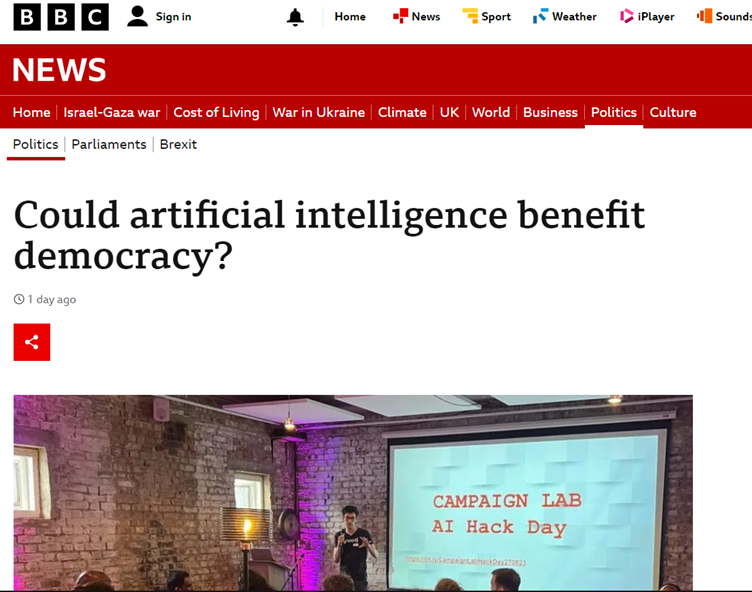A Pandemic of Poor Decision-Making
During this life-defining time – when what we do during these weeks may define our lives - I have noticed, in a variety of arenas, people making the most absurd [...]
Find out more about my consensus-based technology at Crowd Wisdom Project
Find out more about my consensus-based technology at Crowd Wisdom Project
During this life-defining time – when what we do during these weeks may define our lives - I have noticed, in a variety of arenas, people making the most absurd [...]
With the UK set to have the highest death rate in Europe – currently we have the third highest death rate in the world – any sane, dispassionate, thinking person [...]
Yesterday, as Starmer took on Raab for the first time at a mostly virtual PMQs, the Yorkshire Post printed my essay - featured in this blog - regarding the pros [...]
As a small business owner, and as someone who interviews business owners for the The Harrogate Podcast, I fear for our SMEs. Most have been clobbered by COVID. My best [...]
“And the people stayed home. And read books, and listened, and rested, and exercised, and made art, and played games, and learned new ways of being, and were still. And [...]

Read
This Article

Read
This Article

Read
This Article

Read
This Article
Copyright Andrew Gray of Cosensus Politics Ltd. All rights reserved. Terms & Conditions | Privacy Policy | Cookie Policy
Website by The Micro Agency.
